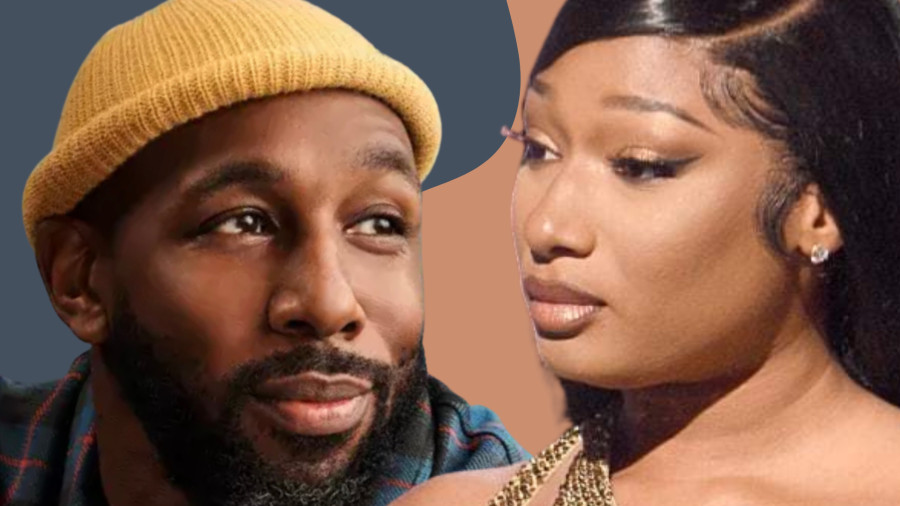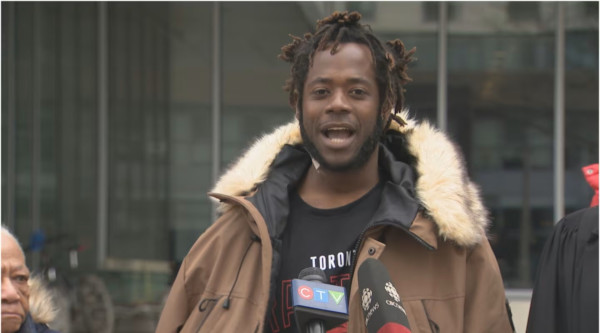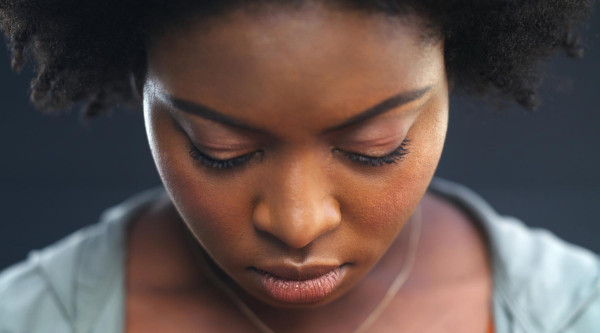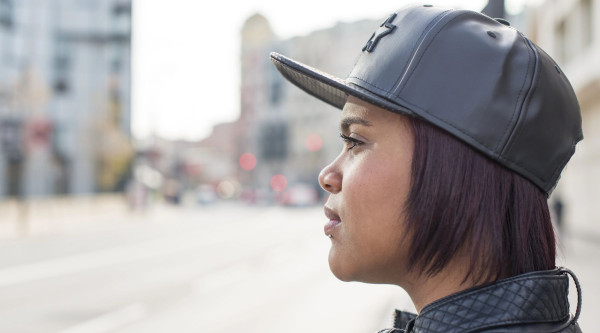And yet, Black entertainers are not shown the recognition and the care they deserve. Worse, Black entertainers face rampant anti-Black racism from the entertainment industry and from many of those who consume the media they work so hard on.
We’ve seen multiple instances of this in the past, but a few recent incidents have highlighted the unacceptable treatment of Black entertainers by the public and the entertainment industry. Megan Thee Stallion’s treatment during her recent court case is a prime example of this. Following the brutal shock of being shot by a fellow entertainer, not only did Megan have to face anti-Black racism, but as a woman, she was also met with violent misogynoir. The comments she received were so horrible that they prompted her to speak up about how much this misogynoir affected her mental health.
Another recent incident that affected me profoundly and made me reflect on the care Black entertainers deserve was the passing of Stephen ‘tWitch’ Boss. I grew up watching So You Think You Can Dance, and tWitch quickly became my favourite dancer. As I struggled with my own health issues, tWitch’s infectious dancing kept me going in some of my toughest moments. tWitch was a beacon of light in the entertainment industry, known for his bubbly personality and the joy he spread to his audiences. Yet we now know that he was struggling so deeply behind that persona that he ultimately took his own life. tWitch hid his battle with his mental health, likely so that he could maintain the bubbly personality he was known for. To be palatable to audiences (like The Ellen DeGeneres Show), Black men in the entertainment industry must present a certain way that makes them seem non-threatening. They must balance being manly enough but not too aggressive, approachable but not too vulnerable, all the while knowing that whatever they do, as Black people, a label will be put on them. They don’t have the space to fall apart or talk about mental health and often don’t receive that kind of support from their audiences.
Amidst the continuing police violence faced by Black people, including most recently the brutal murders of Nicous D’Andre Spring (Montreal, Canada), Tyre Nichols and Anthony Lowe Jr. (United States), we are all dealing with ongoing grief, anger and fear. Regardless of how much or how little money you have, as a Black person, the anti-Black racism that permeates this world weighs heavily on you. Black entertainers are not spared from that despite their fame and wealth. Take the Masai Ujiri incident a few years ago, proving that even during the Raptors basketball championship season, one of the biggest sports franchises, anti-Black racism prevailed.
How many times have you felt the pressure of life and turned to entertainment to ease your stress or help you cope with your sadness? Entertainers play a huge role in our day-to-day life; they help us deal with our own mental health, and their music brings us joy and lets us dance. They also help Black people see themselves past the anti-Blackness pervasive in society. If entertainment helps us cope with our mental health, why aren’t we also paying attention to and taking care of the well-being of entertainers? This is especially relevant for non-Black folks who consume this media: believing that Black lives matter necessitates caring for the Black people that sustain us. Their work provides the necessary components of care. They deserve that care too.
Mental health is a complex topic within Black communities, which is often still taboo, yet something that affects us in particular amidst the rampant anti-Blackness that shapes this world. The myth that Black men must be strong continues to tear down their mental health and their need for care. Black women perpetually experience sexism and racism through misogynoir. Black entertainers spread joy and love to broad audiences but are often not returned that care, even in a society that idolizes Black entertainment.
I dream of a world where Black men are allowed to be soft, to fall apart, to be vulnerable and to ask for help. I dream of a world where Black women are allowed to be who they want to be without being labelled, where Black women are believed and supported no matter what. I dream of a world where Black entertainers and Black people are cared for deeply and don’t have to face the continued violence of racism. I hope that tWitch’s legacy reminds us of the work we all must do to make that dream a reality. I hope we all spend more time caring for one another and that those suffering are reminded that care is always just a step away.

 By
By 








